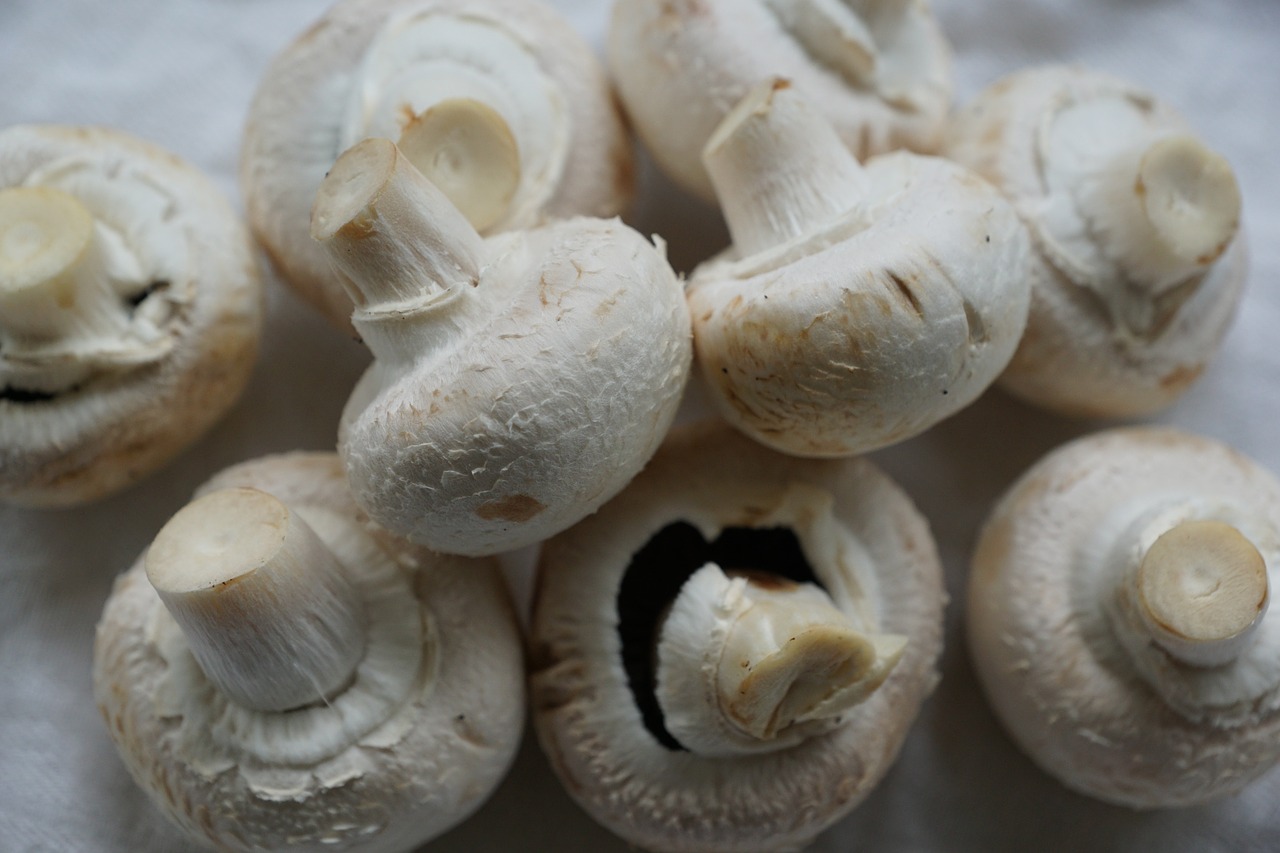Genetically engineered (GE) mushrooms are set to be on the menu in the U.S. The U.S. Department of Agriculture (USDA) announced this month that it will not regulate GE mushrooms. The GE mushrooms are the first CRISPR-Cas9 gene-edited organisms that will not require regulation.
Mushrooms genetically engineered with CRISPR-Cas9 technology will not require regulation because they are not a plant pest, nor are they a federal noxious weed. Furthermore, they do not contain DNA from viruses, bacteria or other species. Previous techniques for gene-editing used different gene sequences from virus and other species, but new technology makes that practice unnecessary.
Biologists use molecular tools to edit genomes, including enzymes called zinc finger nucleases – and they are expensive. Zinc fingers cost upward of $5,000, so when new technology using an enzyme that cost $30 was developed, a revolution in gene-editing began. This low-cost enzyme is known as Cas9.
In 2012, a new technique called CRISPR was created to rapidly changing the DNA of organisms. The CRISPR technique coupled with the low-cost of the Cas9 enzyme has made gene-editing more accessible to labs.
The common white button mushroom (Agaricus bisporus) was genetically modified to suppress an enzyme that causes mushrooms to brown.
The common white button mushroom (Agaricus bisporus) was genetically modified to suppress an enzyme that causes mushrooms to brown. Plant pathologist Dr. Yinong Yang of Pennsylvania State University was able to delete parts of the browning enzyme from the mushroom’s DNA. The enzyme activity was reduced by 30 percent, according to Nature.
In a letter from the USDA, the agency stated “APHIS does not consider CRISPR/Cas9-edited white button mushrooms…to be regulated.” The agency added that Dr. Yang’s white button mushroom variety “may still be subject to other regulatory authorities such as FDA or EPA.”
The mushrooms are not the first GE foods to be approved by the USDA. Genetically modified apples were approved last year and were engineered using a different technique.
























